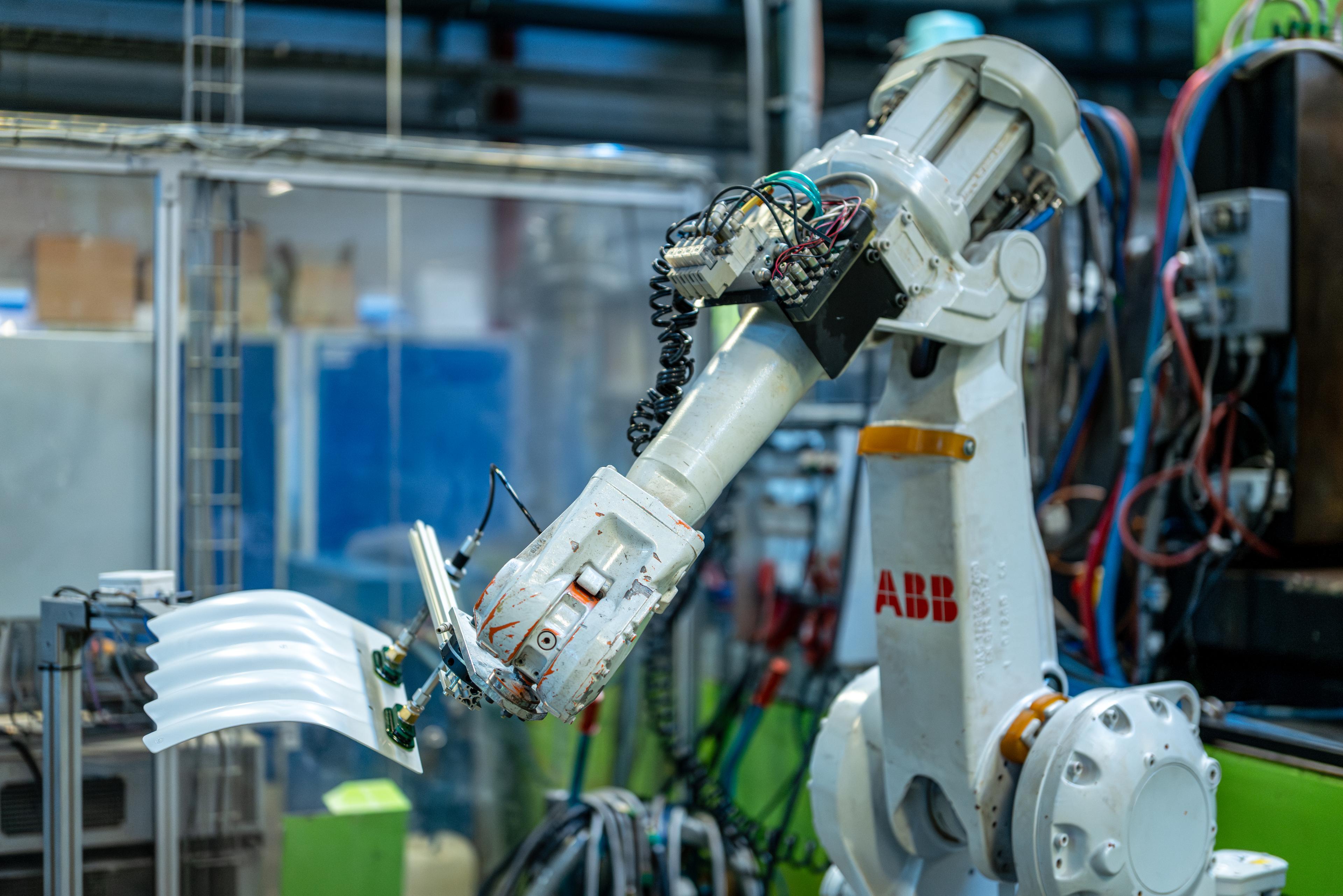
Blow Moulding Services
Lightweight, cost-effective hollow plastic components from bottles to large containers. Advanced blow moulding technology for superior strength-to-weight ratios and complex geometries.
Advanced Blow Moulding Technology
Hollow Plastic Component Excellence
Blow moulding is the optimal manufacturing process for creating hollow plastic components with superior strength-to-weight ratios and cost-effectiveness. Our advanced blow moulding capabilities encompass extrusion blow moulding, injection blow moulding, and stretch blow moulding technologies to meet diverse application requirements. From small precision bottles to large industrial containers, we deliver lightweight, durable solutions that reduce material usage while maintaining structural integrity and performance.

Key Highlights
- Advanced extrusion and injection blow moulding
- Wide range of materials and sizes
- Lightweight, cost-effective solutions
- Excellent strength-to-weight ratios
- Complex geometry capabilities
- High-volume production efficiency
- Precise wall thickness control
- Expert design and engineering support
Additional Capabilities

Book a free technical consultation
Speak with a manufacturing engineer within 48 hours. Get rapid DFM insights, material guidance, and a clear path to production.
Hollow Component Benefits
Blow Moulding Advantages
Blow moulding offers unique advantages for creating hollow components, delivering exceptional strength-to-weight ratios, cost-effectiveness, and design flexibility. This manufacturing process enables the production of complex shapes and large volumes while minimizing material usage and weight.
- Weight Reduction
- 60-80%
Significant weight savings compared to solid alternatives while maintaining strength.
- Material Efficiency
- 90%+
Optimal material utilization with minimal waste through hollow design.
- Cost Effectiveness
- 40-60% Savings
Lower material costs and efficient production for high-volume applications.
- Design Freedom
- Complex Shapes
Create intricate hollow geometries impossible with other manufacturing methods.
- Volume Range
- 10ml-200L
Wide size capability from small precision bottles to large industrial containers.
- Production Speed
- High Volume
Rapid production cycles ideal for high-volume manufacturing requirements.
Hollow Component Advantages
Blow Moulding Benefits
Blow moulding delivers exceptional benefits for hollow component manufacturing, combining weight reduction, cost efficiency, and design flexibility with high-volume production capabilities and consistent quality.
Weight Optimization
PerformanceDramatic weight reduction while maintaining structural integrity and performance.
Key Points:
- 60-80% weight reduction vs solid alternatives
- Optimal material distribution
- Maintained strength and durability
- Reduced transportation costs
Cost Efficiency
EconomicsLower material costs and efficient production for cost-effective manufacturing.
Key Points:
- Reduced material usage
- High-speed production cycles
- Lower tooling costs vs machining
- Economies of scale benefits
Design Flexibility
DesignCreate complex hollow geometries impossible with other manufacturing methods.
Key Points:
- Complex internal geometries
- Integrated features and details
- Variable wall thickness control
- Multi-layer construction options
Production Efficiency
ManufacturingHigh-volume production with consistent quality and rapid cycle times.
Key Points:
- Fast production cycles
- Automated processing
- Consistent wall thickness
- High repeatability
Material Utilization
SustainabilityOptimal material efficiency with minimal waste and excellent property utilization.
Key Points:
- Minimal material waste
- Optimal strength-to-weight ratio
- Recyclable material options
- Sustainable manufacturing
Barrier Properties
ProtectionExcellent barrier performance for product protection and shelf life extension.
Key Points:
- Multi-layer barrier construction
- Gas and moisture protection
- UV resistance options
- Chemical compatibility
Manufacturing Specifications
Blow Moulding Technical Capabilities
Our blow moulding capabilities encompass multiple technologies and processes to meet diverse application requirements with consistent quality and performance across a wide range of sizes and materials.
| Property | Value | Tolerance | Description |
|---|---|---|---|
Volume Range(capacity) CapacityVarious container sizes | 10ml-200L | Wide size capability from small bottles to large containers | |
Wall Thickness(mm) PrecisionMulti-point measurement | 0.5-10 | ±0.1mm | Precise wall thickness control across container surface |
Material Options(polymers) MaterialsVarious grades available | PE, PP, PET, PC | Wide selection of blow moulding materials | |
Production Rate(parts/hour) ProductionVaries by part complexity | 500-5000 | High-speed production depending on part size | |
Dimensional Tolerance(mm) PrecisionCritical dimensions | ±0.2 | Consistent dimensional accuracy across production | |
Neck Finish Precision(mm) PrecisionThread and sealing surfaces | ±0.05 | High precision for threaded and closure interfaces |
Blow Moulding Design Guidelines
Optimize Your Design for Blow Moulding
Successful blow moulding requires design optimization to leverage the unique advantages of hollow component manufacturing while ensuring optimal processability, performance, and cost-effectiveness.
Optimal Wall Distribution
Design appropriate wall thickness for strength, material efficiency, and process control.
Key Tips:
- Maintain uniform wall thickness where possible
- Design for parison swell and stretch ratios
- Consider blow-up ratio for optimal thickness
- Plan for material distribution during forming
- Account for thinning in stretched areas
Hollow Shape Design
Design hollow geometries for optimal strength, functionality, and manufacturability.
Key Tips:
- Avoid sharp corners and stress concentrations
- Design smooth transitions and radii
- Consider material flow during blow forming
- Plan for uniform cooling and shrinkage
- Include draft angles for easy part removal
Reinforcement and Features
Incorporate structural features for optimal performance and functionality.
Key Tips:
- Use ribs and corrugations for strength
- Design integral handles and gripping features
- Include stacking and nesting features
- Plan for closure and sealing interfaces
- Consider labeling and decoration areas
Manufacturing Optimization
Design for optimal blow moulding process performance and efficiency.
Key Tips:
- Consider parison programming requirements
- Design for uniform heating and cooling
- Plan for trimming and finishing operations
- Include quality control and inspection features
- Optimize for material usage and waste reduction
Need Design Consultation?
Our design engineers can review your parts and provide recommendations for optimal manufacturability and cost reduction.